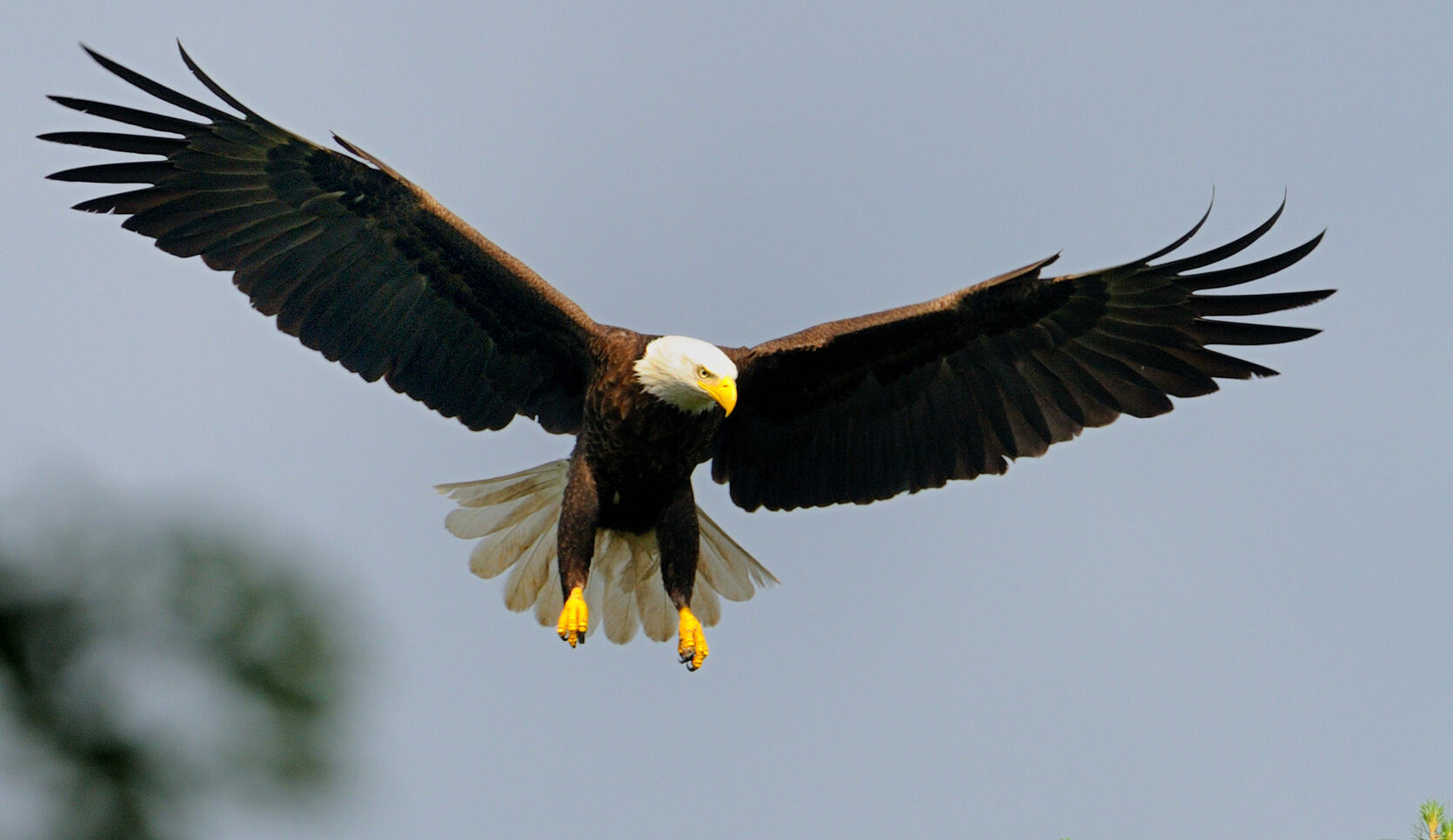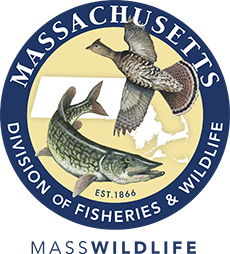- Division of Fisheries and Wildlife
- MassWildlife's Natural Heritage & Endangered Species Program
Media Contact
Media Contact, MassWildlife

More than 450 plants and animals are listed under the Massachusetts Endangered Species Act (MESA). These rare species play an important role in keeping the Commonwealth's natural communities thriving. You can make a difference by supporting endangered species conservation while filing your taxes this year. Simply look for Line 33A for Endangered Wildlife Conservation on your state tax form and write in any amount. Your meaningful donation will go to the Natural Heritage and Endangered Species Fund which is dedicated specifically to the conservation of rare species in the Commonwealth.
Many rare species have benefited from the protection afforded under MESA and the work of MassWildlife’s Natural Heritage and Endangered Species Program (NHESP), including the restoration and conservation of the peregrine falcon, bald eagle, and northern red-bellied cooter. However, there is still a lot to do and in the face of habitat loss, emerging diseases, invasive species, climate change, and other threats, this work is more important than ever!
Conservation efforts include targeted restoration and active management of habitats; collection, management, and analysis of biological data; conducting regulatory reviews; and the development of educational programming, publications, and conservation tools to connect residents with nature and help guide state and partner conservation priorities. Your donations to the Natural Heritage and Endangered Species Fund go toward equipment and services needed to give these species a fighting chance.
Already filed your taxes, but still want to donate? There are a few other ways to contribute:
- Online with a credit card or electronic check*
- Through your MassFishHunt account
- By check made payable to "Comm. of MA—NHESP" and mailed to: MassWildlife, 1 Rabbit Hill Road, Westborough, MA 01581
*You will be redirected to our payment portal with nCourt, LLC.

